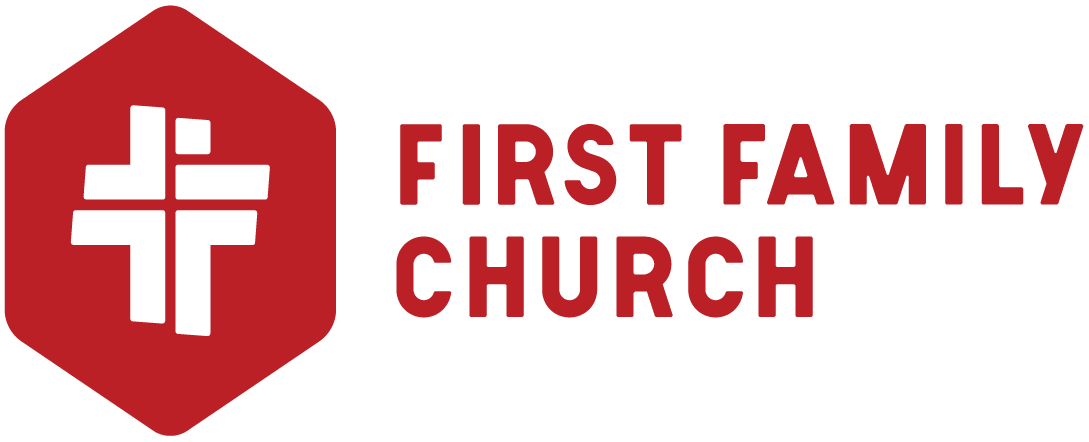Philosophy of Ministry
Elder/Pastor Led
(1 Peter 5:1-3) The New Testament does not distinguish between pastors and elders. They are simply different words that describe the different functions of the overseer. Moreover, there is strong evidence that in each church, elders (plural) were appointed to oversee, shepherd, and guard the church of God which Jesus purchased with his own blood. The elders are to be men of indisputable character, integrity, and authenticity (1 Timothy 3:1-7; Titus 1:5-9). Prayer and the ministry of the Word are the primary duties of the elders (Acts 6:4). As the Spirit called overseers (Acts 20:28), they were given the responsibility of teaching and equipping the flock for the work of the ministry and to ground them in sound doctrine (Ephesians 4:11-13). Still today, in summary, the elders guide, lead, shepherd, teach, and direct the body of believers under the authority of the Holy Spirit and in mutual submission to each other, and by focusing their ministry on the spiritual health of the church through prayer and the ministry of the Word.
At First Family, that is primarily done by overseeing our individual Small Groups. How? Each elder is assigned a specific number of Small Groups to shepherd, and they meet with those groups at least twice annually in what we call FFC’s Fireside Chats. FFC’s Elders also meet together at least monthly for church updates, prayer, and training. The Elders are authorized to make the final decisions concerning the church.
Deacon-Mobilized
All believers are instructed to use the gifts they have to serve the body of Christ (Romans 12:6-8). The New Testament designates, however, a certain group of people called to mobilize the church for more effective service, especially when the church’s mission is in danger of a detour. The people are referred to as deacons. Like elders, deacons are to be of indisputable character, integrity, and authenticity (1 Timothy 3:8-13) who lead through service and ensure that the unity of the body is maintained through the proper physical care of the church’s members and the church’s business (Acts 6:1-7).
Bible-Based
(2 Timothy 3:16-17) We believe the Bible is the inspired, inerrant Word of God and is necessary for spiritual growth and equipping for life. It is our “soul food” and our “user friendly” manual for living. It is the timeless and timely foundation for all of our ministries. The expository preaching and teaching of Christ’s message is fundamental to all our weekend services, and the systematic study of it is central to our small groups. Though we strive to deliver His Word in a relevant, passionate manner, we in no way and by no means will ever stray from guarding the “sound doctrine” given through the apostles as recorded in the Bible.
Outreach-Focused
(Matthew 28:19-20; Mark 16:15; Acts 1:8) At First Family Church, our eyes are always on “the fields that are ready for harvest,” and we are constantly praying for God to “send forth workers into His field.” This means we are constantly seeking better ways to reach the people in our community and around the world.
Lay-Empowered
(Ephesians 4:11-13) We desire to be a community of God’s people who are in the right places for the right reasons – everyone is serving in their area of giftedness according to their talents, skills and passions. Because equipping and empowering believers are high values at First Family Church, expanding and developing a staff team of quality equippers is a constant priority at First Family Church. Furthermore, input and evaluation is an environmental “constant” at First Family Church, and leadership meetings and training sessions are considered necessary, required and fun!
Large-Group Celebrations
(Acts 5:12, 16; Nehemiah 8) There is great value and motivation in celebrating spiritual life together. Even while the early church was dispersed into smaller groups, thousands gathered together to hear the Scriptures proclaimed and watch people take steps of commitment to Christ by believing and being baptized. Additionally, God’s Old Testament people – the Israelites – were a people of celebrations. God encouraged joyful music and anthems throughout the Old Testament period and relished the praises they would lift up to Him in large worship gatherings. We believe there is a biblical aspect of joyful worship that can only be experienced when God’s people gather together in a corporate fashion for the express purpose of celebrating God, His Word and His work.
Small-Group Orientation
(Acts 2:42-47) We believe every person needs a small group. In fact, we think every person already has a small group. The question is – is it the right small group? The right small group can make a big difference in a person’s life. Jesus himself was part of a small group (the 12 disciples), and the book of Acts records the impact and vitality of small groups by showing how the early followers of Jesus drew together in small groups to grow in the Word, for prayer and fellowship, and for outreach to the community.

